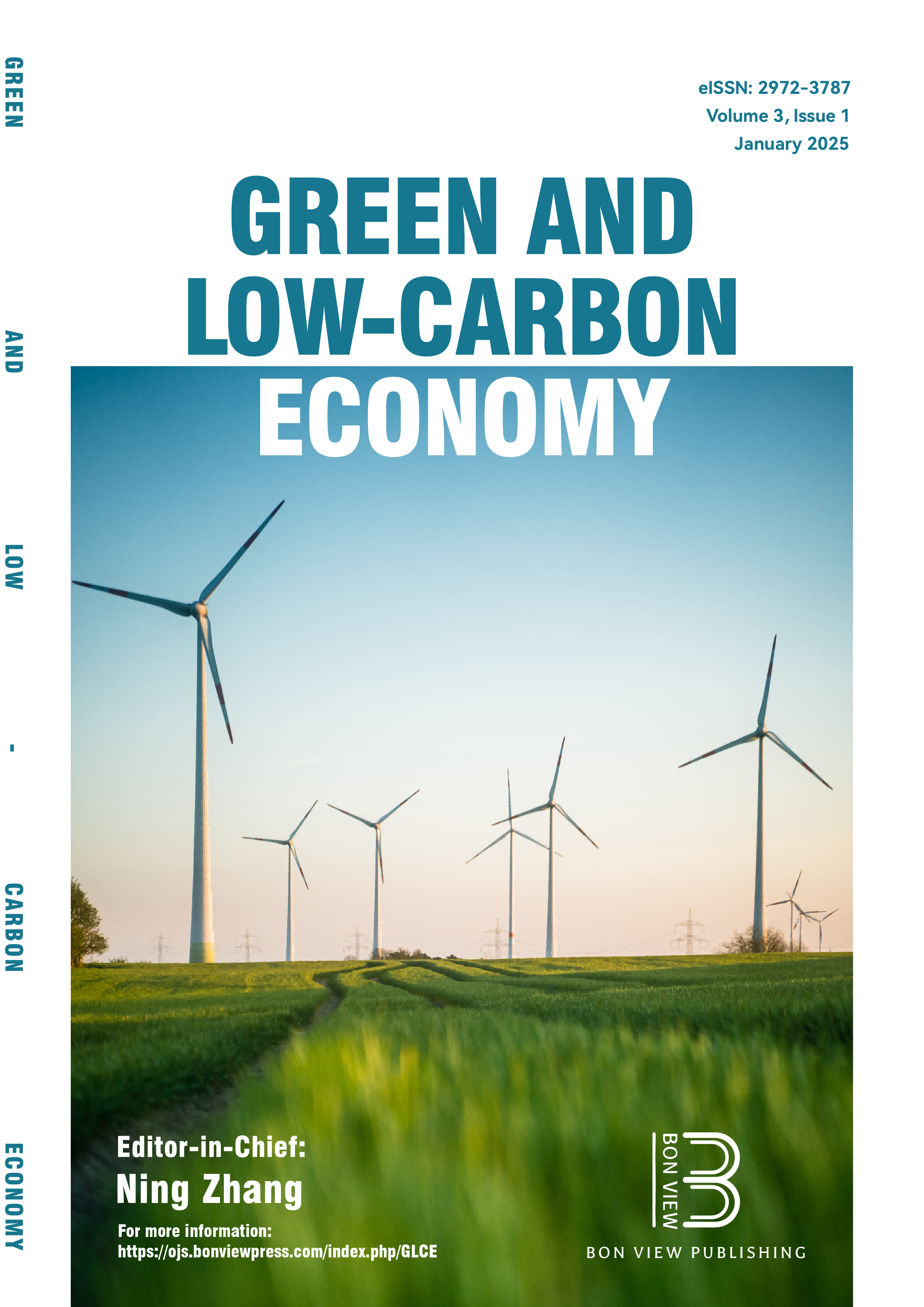Predicting Acceptance of Biobased Products Based on Subjective Knowledge, Environmental Attitude, Perceived Usefulness, and Socio-demographic Characteristics
DOI:
https://doi.org/10.47852/bonviewGLCE32021338Keywords:
bioeconomy, biobased products, climate change, consumer acceptance, NigeriaAbstract
This study examines the influence of consumers' subjective knowledge, environmental attitude perceived usefulness and socio-demographics on their intentions to accept biobased products as an alternative to fossil based products. The study employs a five-point Likert scale questionnaire-based survey (N = 465) conducted in Lagos, Nigeria in the year 2022. Both descriptive statistics and Structural Equation Modeling (SEM) are employed in fulfilling the study objectives. Acceptance of biobased products is influenced by individual-level socio-demographic and psychological factors. Male respondents exhibited a greater perceived usefulness from biobased products and higher intention to accept biobased products compared to their female counterparts. Additionally, the Silent generation, similar to residents in peri-urban areas, showed a more favorable perceived usefulness and a stronger intention to accept biobased products than other generational cohorts. The strong positive relationship between perceived usefulness and intention to accept biobased products is in agreement with technological innovation acceptance studies. The findings are interpreted relative to industry and societal implications including the need to make individual oriented strategies the centerpiece of bioeconomy policies and promotional campaigns in order to enhance acceptance of biobased products.
Received: 10 July 2023 | Revised: 18 August 2023 | Accepted: 13 October 2023
Conflicts of Interest
The authors declare that they have no conflicts of interest to this work.
Data Availability Statement
Data available on request from the corresponding author upon reasonable request.
Author Contribution Statement
Oluwaseun James Oguntuase: Conceptualization, Methodology, Software, Validation, Formal analysis, Investigation, Resources, Data curation, Writing - original draft, Writing - review & editing, Visualization, Project administration. Oluwatosin Benedict Adu: Conceptualization, Methodology, Validation, Resources, Writing - review & editing, Supervision, Project administration. Oluwafemi Sunday Obayori: Conceptualization, Methodology, Validation, Resources, Writing - review & editing, Supervision, Project administration.
Downloads
Published
Issue
Section
License
Copyright (c) 2023 Authors

This work is licensed under a Creative Commons Attribution 4.0 International License.


